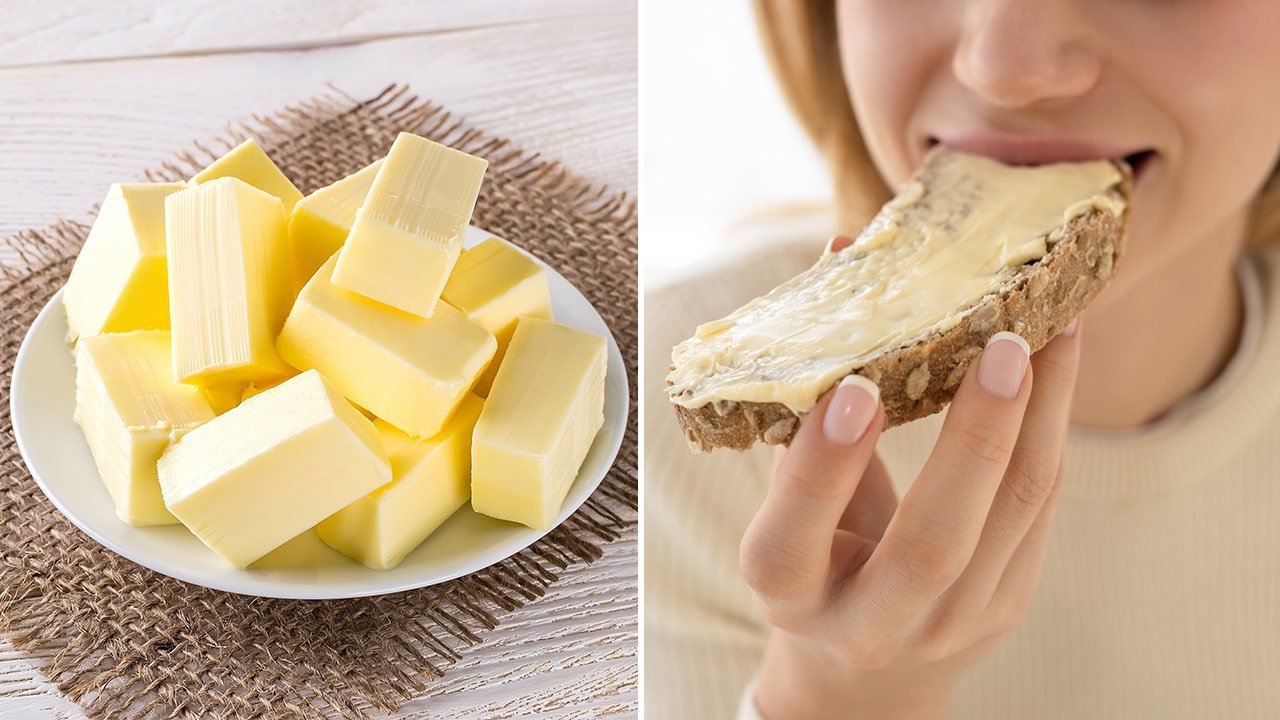Choosing Between Butter and Margarine: A Thoughtful Approach to Healthier Choices
In the quiet moments of breakfast preparation, nestled between the crackling sounds of toast and the rich aroma of coffee, the age-old question arises: Should I reach for butter or margarine? This isn’t merely a matter of taste; it’s a ponderous decision laden with implications for our health. Both butter and margarine serve as spreads that enhance our meals but come with distinct compositions and nutritional profiles.
The Complex Nature of Fats
Fats have often been misunderstood. Many people assume that choosing margarine is a healthier option, primarily because it tends to be lower in saturated fat than butter. However, this assumption can overlook the complexities of fat. Nutritionist Jillian Kubala points out that fats’ physiological effects depend significantly on their source and composition. Butter, a product derived from dairy, and margarine, often crafted from various vegetable oils, have unique merits and drawbacks.
What’s crucial to realize is that not all dietary fats are created equal. Butter contains about 7.3 grams of saturated fat in a tablespoon, while margarine typically holds only around 2.34 grams. Yet, the gardening lore that equates lower saturated fat with better health doesn’t paint the entire picture. Healthy fat sources, including avocados and olive oil, are often more beneficial compared to processed spreads, which may come laden with trans fats and excess omega-6 fatty acids.
Dissecting the Nutritional Profiles
When examining butter’s nutritional profile, you’ll find it is rich and flavorful. One tablespoon harbors about 102 calories, offering not just energy but a creamy texture that enhances dishes. In contrast, margarine boasts around 84.8 calories per tablespoon. However, these numbers only skim the surface. Margarita’s oils can lead to a higher intake of omega-6 fatty acids, which many Western diets already consume in excess.
This imbalance can incite inflammatory responses within the body, possibly ushering in chronic conditions like heart disease or obesity. Conversely, consuming fats from natural sources such as butter should not be vilified. As Kubala articulates, butter itself is not inherently harmful; rather, it depends on one’s overall diet. A diet rich in whole foods, including fruits, vegetables, and healthy fats, ultimately steers health in a positive direction.
Plant-Based Options: A Modern Twist
With the rising tide of veganism and plant-based diets, the market now showcases an array of butter-like spreads made from various vegetable oils, such as coconut or avocado. These options are often engineered to mimic the texture and flavor of traditional butter. While these spreads can offer a butter-like experience, they are generally more processed, which could be a concern for health-conscious consumers.
Research is increasingly supporting the view that whole, minimally processed foods are typically better for health. Therefore, if butter replacement is necessary, products with fewer artificial additives may serve well, but one should always scrutinize the ingredient list.
Balancing Act: Finding Your Personal Preference
The decision of whether to spread butter or margarine ultimately hinges on personal health goals and dietary restrictions. While some may benefit from the rich taste of butter in moderation, others might prefer margarine for its lower saturated fat content. The key lies in being mindful and deliberate about choices.
The notion that fats must be universally avoided has proven misguided. In fact, incorporating healthy fat sources can work wonders for wellness. A sprinkle of olive oil or a smear of butter can complement a meal while contributing to nutritional balance.
While small amounts of butter augment flavor and satisfaction, highly processed margarines could potentially exacerbate health problems, especially when consumed in excess.
Embracing Thoughtful Choices
As you contemplate the best option for your health, consider the broader spectrum of your diet. Delve into the richness of whole foods and be wary of the traps laid by processed alternatives. The culinary world provides us with ample choices. Tomato slices on toast could benefit from a small swipe of butter, while avocado toast may shine with a drizzle of olive oil.
Life revolves around choices. Whether you stand firmly by the golden buttery flavor or opt for margarine’s lighter touch, being aware of the nutritional nuances can guide you toward a healthier lifestyle. Engage with your food thoughtfully, understanding its implications not only on your palate but on your well-being, so that each bite leads you to a fulfilling and nutritious path.




































